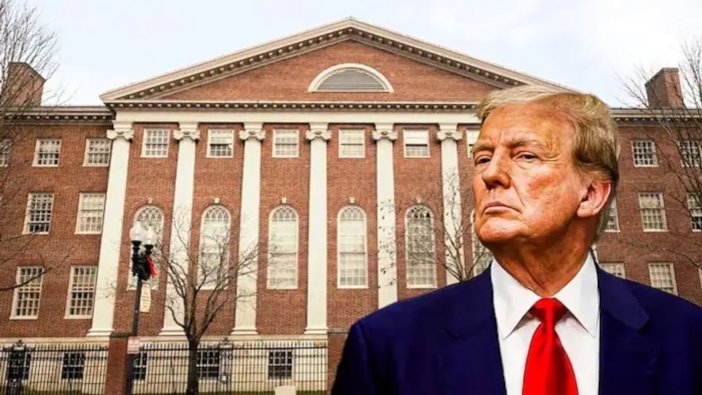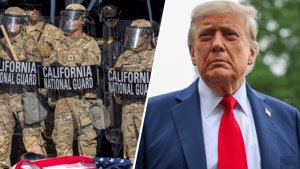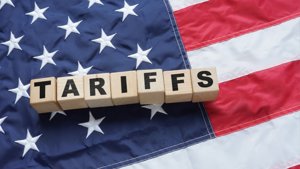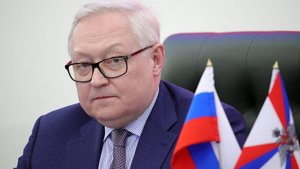
Trump Targets Harvard’s Student Visa Program
President Trump’s move to revoke Harvard’s student visa rights over antisemitism claims triggers a high-stakes court battle with sweeping immigration and free speech implications.
Visa Crackdown Sparks Legal and Political Clash
President Donald Trump’s administration is pushing to revoke Harvard University’s ability to sponsor international student visas, citing alleged support for antisemitism and ties to terrorist sympathizers on campus. The Department of Homeland Security (DHS) claims Harvard failed to cooperate with federal requests for information about student visa holders allegedly involved in pro-Hamas protests.
DHS Secretary Kristi Noem described the university as fostering “violence, antisemitism, and coordinating with the Chinese Communist Party.” The administration has already moved to eliminate Harvard’s participation in the Student and Exchange Visitor Program (SEVP), prompting swift legal retaliation from the university.
Harvard filed a lawsuit in federal court, arguing that the Trump administration’s actions violate the First Amendment, due process protections, and the Administrative Procedure Act. In response, U.S. District Judge Allison D. Burroughs temporarily blocked the administration’s move and ordered both parties to submit proposals regarding a preliminary injunction.
Experts Warn of Broad Federal Authority
Legal scholars say the administration may still have the upper hand. Because SEVP is governed by DHS and U.S. Immigration and Customs Enforcement, the federal government retains significant discretion in certifying or revoking a university’s visa privileges. Foreign students, unlike U.S. citizens, are not guaranteed full constitutional protections, placing them and their host institutions in a vulnerable legal position.
Aram Gavoor, a former Justice Department official, noted that DHS has the authority to initiate “off-cycle reviews” if evidence arises of systemic abuse or terrorist affiliations among visa holders. The Trump administration gave Harvard 30 days to provide evidence countering the allegations before final revocation is considered.
Robert Shibley, legal counsel at the Foundation for Individual Rights and Expression, warned that “demanding information and revoking certification without proper process” could conflict with federal administrative law. Still, experts acknowledged the unprecedented nature of the move makes outcomes difficult to predict.
Antisemitism Accusations and Harvard’s Response
Jonathan Harounoff, Harvard alumnus and Israel’s spokesperson to the United Nations, condemned the university’s alleged failure to combat antisemitism on campus. “Harvard is fighting the White House harder than it ever fought antisemitism,” he said, criticizing the school for tolerating student and staff support for terrorist groups like Hamas and Hezbollah.
Harounoff accused the university of enabling campus protests that included “open calls for violence” under the guise of student expression. He emphasized that educational institutions must not shield individuals with “unambiguous terrorist sympathies.”
Harvard President Alan Garber responded with a public letter, stating the administration’s actions are retaliatory and infringe on the university’s academic independence. Harvard claims over 7,000 students—nearly a quarter of its student body—could face expulsion or deportation if the SEVP revocation proceeds.
Supreme Court Path and Recusal Debate
The dispute may ultimately reach the Supreme Court, where questions about judicial recusals have surfaced. Four sitting justices, including Chief Justice John Roberts and Justice Ketanji Brown Jackson, are Harvard alumni. Jackson’s previous service on Harvard’s Board of Overseers and her daughter’s current enrollment have fueled debate over potential conflicts of interest.
Legal experts argue that recusal decisions are made individually by each justice, and precedent for disqualification based solely on alumni status remains rare. Nevertheless, the issue is likely to intensify scrutiny as the case progresses through appellate courts.
As litigation unfolds, uncertainty looms for thousands of international students. A ruling in favor of the Trump administration could prompt similar actions against other universities, reshaping the relationship between academic freedom, immigration oversight, and national security policy.






